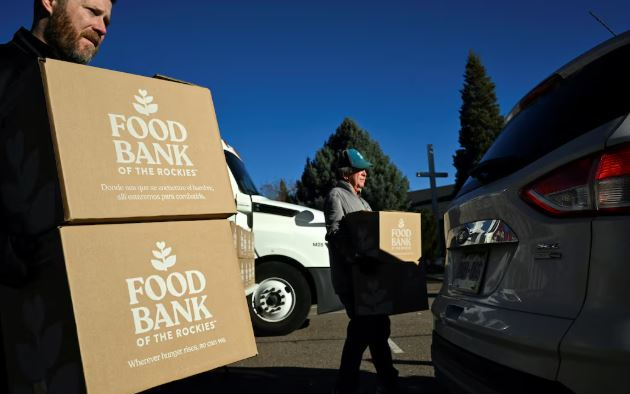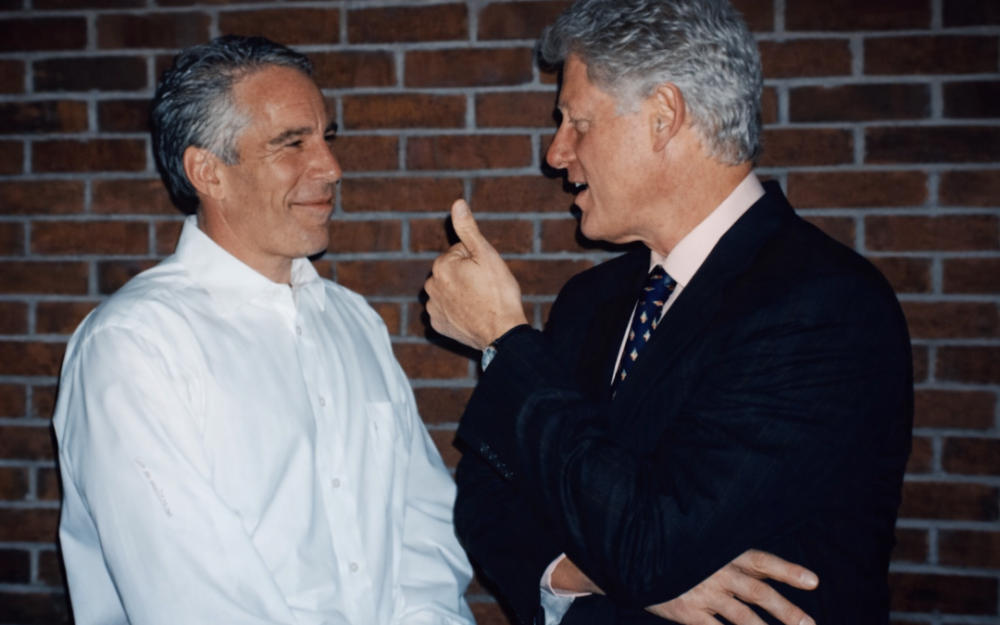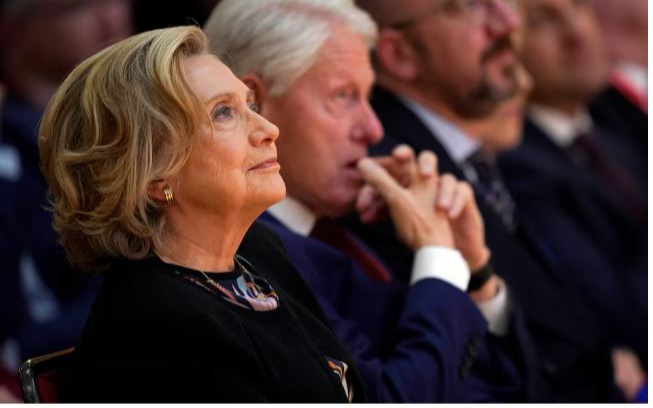我們的後院失火了

我們的後院失火了
——糧食補助中止為社會帶來災難
我們的後院再度失火了。這一次,火不是從遠方燒來,而是從政府的
這句話冷冷的、簡短的,卻足以讓千萬個家庭陷入驚惶。美國農業部
在德州休士頓的超市裡,一位母親蹲下身,數著掌心的硬幣;
在食物銀行門外,一位老人裹著風衣靜靜排隊;
在學校餐桌上,一個孩子打開午餐盒,只剩下一片麵包。
這些畫面,正逐漸從個別的故事變成集體的現實。
糧食補助的中止,不僅讓最弱勢的一環斷裂,更撕開了整個社會的裂
更令人憂慮的是,新的法案正在擴大「工作要求」條件——據估計,
然而,在災難蔓延之際,仍有微光閃爍。德州超市龍頭 H-E-B 宣布捐出五百萬美元,支援州內食物銀行;許多教會與志願團體也自
但民間的愛心,終究無法取代制度的責任。
一個國家的強大,不應只看股市與軍備,而應看它如何對待飢餓的人
當糧食補助停發,飢餓將變成社會的導火線;
當飯桌空了,良知若也枯竭,那燒的不只是後院——
而是人性最後的堡壘。所以,在這場無聲的火災中,我們必須提水的人,
不是別人——正是你我。
Our Backyard Is On Fire
The End Of Food Assistance Brings Disaster to Society
Our backyard is on fire again. This time, the flames were not sparked by war or nature, but by a single government notice:
“Food assistance will stop next week.”
The sentence is brief, cold, and bureaucratic — yet it carries the weight of despair for millions. Amid the ongoing federal shutdown, the U.S. Department of Agriculture has announced that, without renewed funding, all SNAP food benefits will cease in November. For families who rely on these benefits to survive, this is not a policy adjustment — it is a collapse of daily life.
In a Houston supermarket, a mother kneels to count the coins in her palm.
Outside a food bank, an old man waits quietly in the wind. At a school cafeteria, a child opens a lunchbox containing nothing but a single slice of bread. These are not isolated scenes; together, they form the faces of America’s silent hungry.
The suspension of food aid is not only an economic failure — it is a moral one. When hunger spreads among the weakest, the whole social fabric begins to unravel. Hunger breeds fear; fear breeds anger; and anger, when left to burn, consumes trust and compassion. A society that cannot feed its own people cannot call itself stable, let alone just.
To make matters worse, new federal rules expanding work requirements for SNAP eligibility are expected to strip more than two million people of assistance. These are not the idle or unwilling — they are low-wage workers, seniors, and struggling families who already live on the edge of survival. They will soon join the ranks of the “invisible hungry,” forgotten by the system that once promised to protect them.
And yet, amid the crisis, there are sparks of hope. In Texas, grocery chain H-E-B has pledged $5 million to help food banks across the state. Churches, nonprofits, and volunteers are organizing donation drives, trying — with buckets of kindness — to extinguish a wildfire of need.
But charity alone cannot replace responsibility. The strength of a nation is not measured by its stock market or its military arsenal, but by whether it ensures that no one must go to bed hungry.
When food assistance stops, hunger becomes the match that ignites social unrest.
When the dinner table grows empty and compassion dries up, the fire consumes not only our backyard, but the very foundation of our humanity.
And so, in this silent blaze, the ones who must bring water are not others —
but ourselves.






























